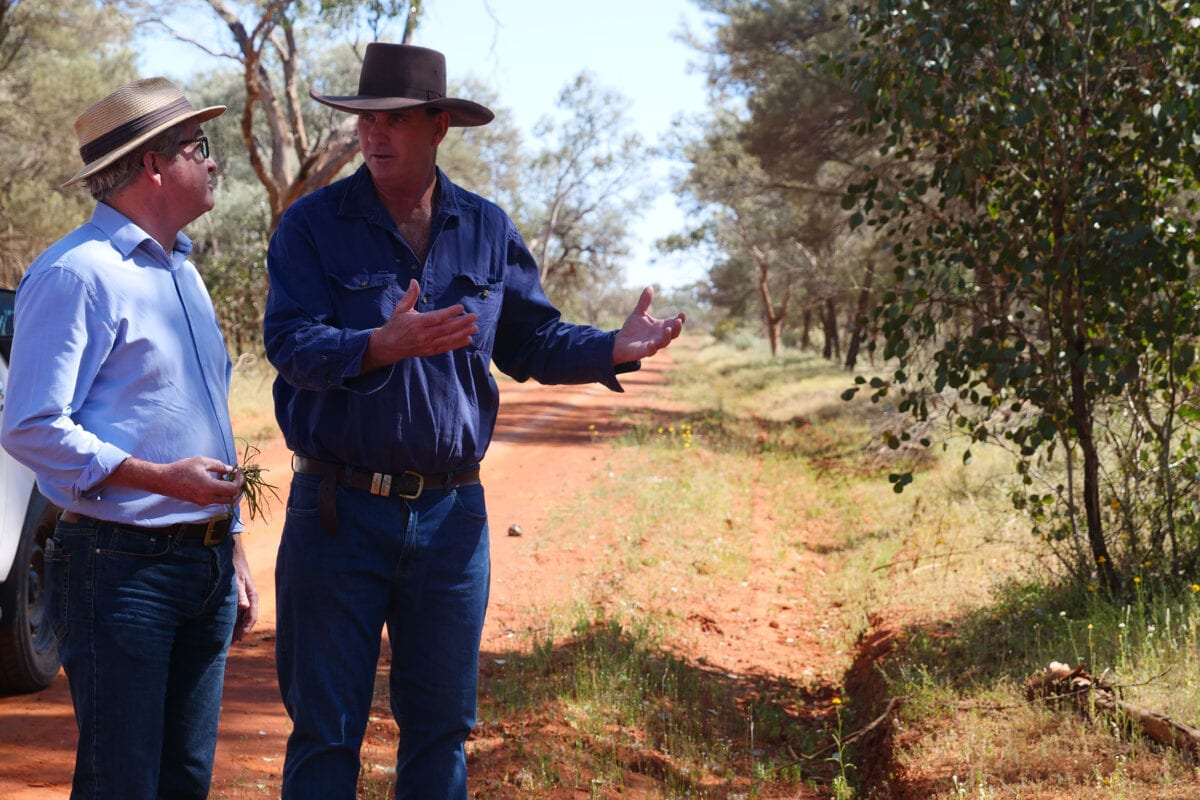The Canberra Times
It’s not a nice feeling, knowing you haven’t been invited to the hottest party on the block.
But that’s the prospect the Australian government faces when it comes to this weekend’s Climate Ambition Summit.
In response, the government has two choices.
The virtual summit, being held on the fifth anniversary of the Paris Agreement, is designed to spur world leaders on to making new climate action commitments.
However, only those with bona-fide new commitments have been offered a chance to speak.
The Prime Minister had indicated he would use the summit to “correct mistruths” about Australia’s commitments – but now it seems his chance to speak is far from guaranteed.
As Nigel Topping, the UK’s COP26 High-Level Champion for Climate Action told reporters, “without a commitment to net-zero 2050, it would be very surprising to me if there is an Australian voice on the stage”.
Back in the 1990s and 2000s, such a rejection would typically have been met with an Australian reaction along the lines of “we won’t be dictated to by the United Nations or Europe”.
However, now that countries like China, Japan, South Korea and soon the United States have made world-leading commitments, that type of response would be unwise.
The summit co-hosts were clear on criteria for qualification. They wanted stronger 2030 targets, long-term net-zero emissions strategies, climate finance commitments supporting the vulnerable, and adaptation policies.
Like other countries, Australia’s 2030 target is generally considered to be inadequate, and aligned with greater average global warming than the goals that were agreed to in Paris.
So what can Australia do to get back in the winners’ circle? It needs to pick up the pace with public policy.
Last week the Carbon Market Institute hosted the Australasian Emissions Reduction Summit, with leaders from business and finance demonstrating that private policy for voluntary corporate action is galloping ahead.
Spurred on by regulators, customers, community sentiment and an escalating appreciation of Australia’s post-carbon economic opportunities, they are champing at the bit to join the emerging net-zero emissions global economy.
But the public policy horse? Well, it’s barely at a canter.
Yes, formally rejecting the use of Kyoto carryover credits would be a welcome move, ending a very real roadblock for negotiators trying to finalise the operating mechanisms around Article 6 of the Paris Agreement, which is all about carbon markets and international trade.
And yes, the federal government is to be applauded for the steps taken in its Technology Investment Roadmap, its support for voluntary corporate action and the funding it’s putting into soil carbon and other priority emissions-reduction technology development.
And yes, as it noted this week, the government is doing some good work in the Pacific with its COVID-19 response, maritime boundaries and investments in resilience and renewables.
But what the climate – and the summit co-hosts – need is more.
After the Climate Ambition Summit there will be plenty more international events in the lead-up to next November’s COP26 meeting. President-elect Joe Biden plans a summit within 100 days of his inauguration, the Pacific Island Forum meets mid-next year in Fiji to agree on a 2050 Strategy for the Blue Pacific Continent, and there will be the G20 in Italy in October.
The government has two choices: double down on its growing isolation, or make use of the summer months to spur on public policy development.
It should develop a 2050 net-zero emissions strategy that includes stronger 2030 commitments.
It should create policies that leverage its technology priorities, and the pace of clean energy activity, into areas like transport, broader industry and agriculture.
This, and its budget commitments to greater climate finance, can also reinforce our engagement across the Asia-Pacific region.
Australia has much to gain in accelerating its transition to a net-zero emissions economy, especially as our trading partners pick up the pace.
We may miss this weekend’s party, but we must safeguard our participation in the global economic transformation that’s under way.
John Connor is chief executive of the Carbon Market Institute, the independent industry association for businesses leading the transition to a net-zero emissions economy.



